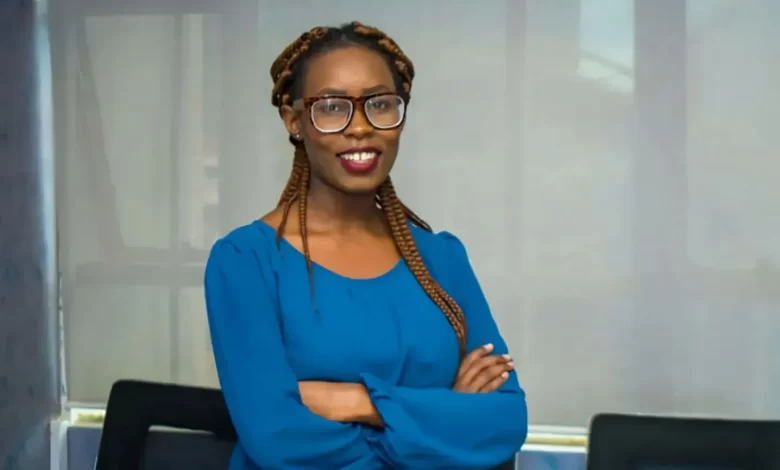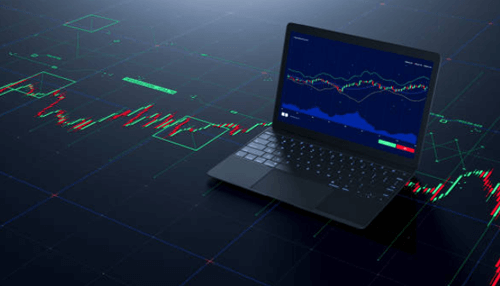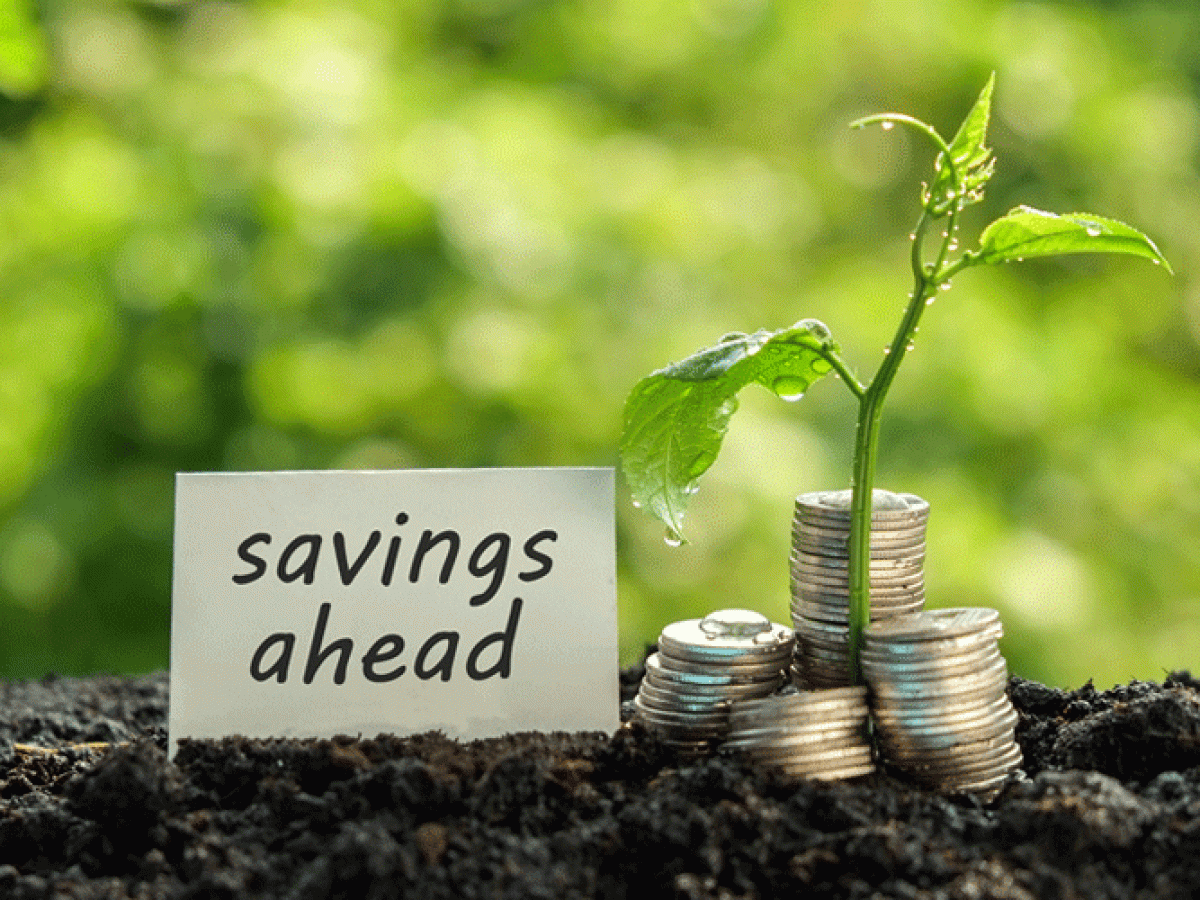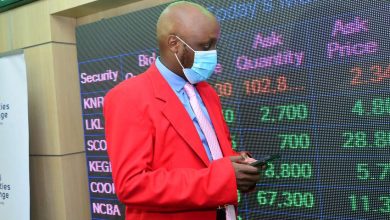Want To Investing In Forex? Expert Sylvia Muchai Shares How She Lost Her Money And Bounced Back

The following interview was first published in Daily Nation’s Saturday Magazine It also includes bits from blog.blufx.co.uk. Sylvia is the Founder and CEO of Sylvia’s Trading Lounge, a forex trading community established in February 2017, which seeks to educate forex newbies and enthusiasts.
I borrowed large amounts at the initial stages of my trading before I grasped the realities of how the forex trading business really works.
Once you begin trading, the brokerage firm gives you access to debt equity or loan commonly known as leverage. This allows you to have a sizable investment in any tradable asset. I was not very familiar with proper risk management tools at the time. This saw me blow up several trading accounts wiping out my entire trading capital and getting into unnecessary debt. I learned bitterly that the markets can be cold and ruthless. The financial markets, in particular online forex trading, do not favor the ignorant.
/GettyImages-1153657433_2600-573e917e27f9442eb87ac10f45ce43ea.jpg)
READ MORE: Chorea Bro! Cheating Is Very Expensive And It’s High Time You Stop
It took me more than two years and a bold decision to focus on forex trading education before I could qualify myself as an online retail forex trader.
Retail forex trading is capital intensive if one is to pursue it as a sole business. Also, transitioning from one on one training and physical seminars to a virtually run business was quite challenging at the onset of Covid-19 last year.
I was very curious about forex trading.
This curiosity saw me lose $250 (Sh27,000) in my first live trading account within a span of less than a week in 2014. Naturally, I am a risk taker and my initial capital was meant to test out the waters before I immersed myself fully in the business. There was a forex education gap that existed in the country at the time. I didn’t know who could teach me. I started Sylvia’s Traders Lounge as a network of eight friends who met every Tuesday and Thursday night between 8pm and 9pm via Skype to discuss markets and how to approach trading. In February of 2016, I saw an advertisement online about a forex seminar that was being held at Pride Inn Westlands in Nairobi from a UK trader and invited three of my friends. We were sold the dream of working from home and becoming millionaires.
But we didn’t know the time, skill, effort and trading capital it takes to actually become successful at trading.

I was in employment before I ventured out into forex trading. I worked as a finance assistant for a startup that was later shut down. Following that shut down, I decided not to immediately look for another job. I had saved up some money from my salary and this enabled me to transition slowly into my own business.
READ MORE : My Reading List! 10 Books On Financial Literacy You Should Read
My greatest business moment has been seeing my business consult for reputable and licensed local and internationally stakeholders in the financial markets. These have included brokerage firms and local banks. Achieving this took more than five years.
Psychology plays an important role in trading. What are the most common things, in your experience, that block a trader’s progress?
I believe that in this day and age we are bombarded with a lot of online information from our phones to the devices we use for work. Information overload and paralysis of information can cause psychological turmoil for traders. This can be to the extent that one is not able to execute trade ideas or closing trading positions for fear or lack thereof of what would happen on the other side of the trade, especially when real money is on the line.
Common biases that traders experience such as hindsight and confirmation biases could be driven by fear or greed. A trader needs to be very self-aware to know when they are not emotionally stable to trade and it does help taking a break from the markets once in a while as well being disciplined to staying true to a working trading plan.
READ MORE: 3 Ways You Can Easily Afford The iPhone 14 In Kenya

What, in your opinion, are the essential elements of a good risk management strategy?
From my experience, a good and sustainable risk management strategy starts first and foremost by having a well-funded trading account, especially in forex trading.
In as much as the brokerage firms give you access to debt equity by making use of leverage, being well capitalized gives you an added advantage and will enable a trader give enough room for the markets to do as they deem fit, entering into a bullish or bearish trading position.
READ MORE: Nigeria Now Has Over 22 Million Crypto Owners, Kenya 3rd In Africa With 6 Million
Secondly, one should not risk more than at least 1%-2% of their trading capital in every trade executed. Finally, a disciplined trader will have a risk reward ratio of at least 1:2 – so for every dollar you risk, you make two in return.
I would put more emphasis on getting trained if I could start my forex trading journey all over again. I would look for a credible institution such as a bank that actually deals in online forex trading in their treasury department and have one of their top traders guide and coach me in the skill instead of a self-taught journey.
Compounding is a powerful tool to save money. Taking partial profits and re-investing them in my trading account has been a great avenue to save. This has grown my equity and enabled me to trade with a bigger capital size.






